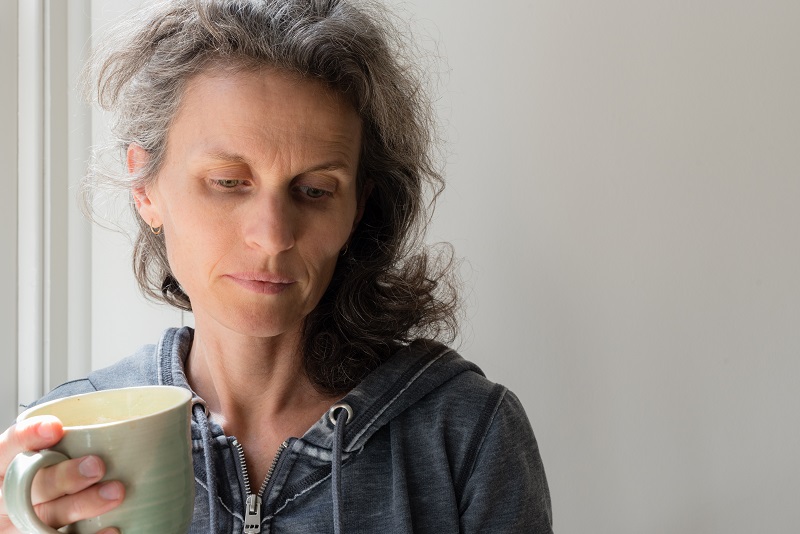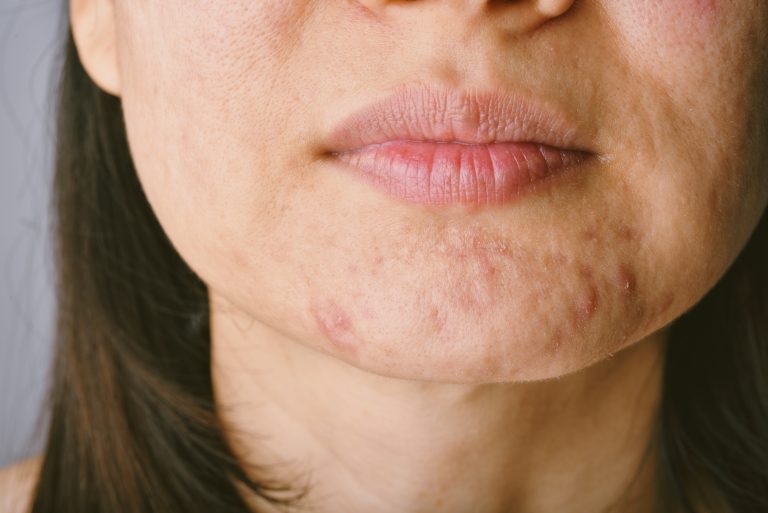Menopause Symptoms

Menopausal symptoms occur as the ovaries stop working and levels of the hormone estrogen fall.
Some women have few or no menopausal symptoms, while other women have bothersome symptoms that interfere with their daily life. These symptoms often begin during the menopausal transition, before periods have stopped completely. However, there are treatments that can help.
Common symptoms of menopause include:
Hot Flashes
Hot flashes are the most common symptom of menopause, affecting up to 60 to 80 percent of women. Hot flashes can occur once or twice each day or as often as once per hour during the day and night.
Some of the characteristics of a hot flash may include:
- Sudden feeling of heat in the upper chest and face persisting for two to four minutes
- Sweating
- Chills and shivers when sweat subsides
- Anxiety
- Heart palpitations
Night Sweats
Hot flashes are more common at night then during the day. When they occur during sleep, they are called “night sweats.” Night sweats may cause you to sweat through your clothes and wake you from sleep because you are hot or cold.
Some of the characteristics of night sweats may include:
- Excessive sweating
- Frequent waking
- Shivers
As a result of interrupted sleep, many women develop other problems, such as fatigue, irritability, trouble concentrating, and mood swings.
Sleep Difficulties
During the transition to menopause, some women begin to have trouble falling asleep or staying asleep, even if they don’t have night sweats. Sleep problems can cause you to feel tired and irritable the next day. Effective treatments for sleep problems are available.
Vaginal Dryness
As the levels of estrogen in the body decrease before and during menopause, the tissues inside the vagina and urethra can become thin and dry. This can cause discomfort, itching, or pain during sex. There is treatment available.
Depression
During the menopausal transition, some women develop new problems with mood, such as sadness, difficulty concentrating, feeling uninterested in normal activities, and sleeping too much or having trouble staying asleep. Women with a past history of depression may notice a recurrence during the menopause transition. If you have any symptoms of depression please talk to your doctor. There are a number of effective treatments available.
If you have noticed any of these symptoms, please do not suffer in silence. Call Women’s Health and Menopause Center to schedule a consultation with one of our board certified gynecologists who have years of experience in menopausal care. Give us a call at (248) 932-9223 to make your appointment.






